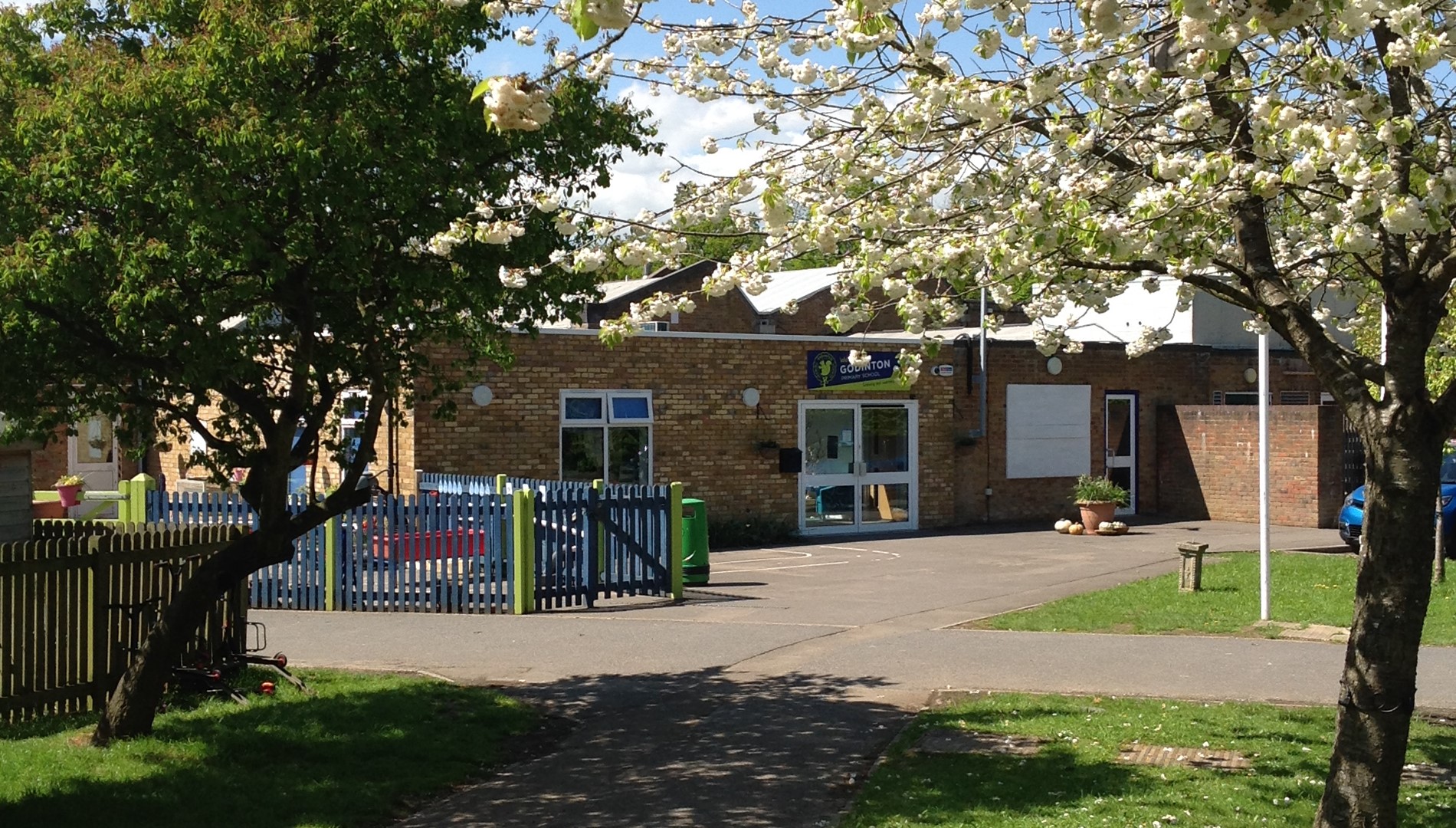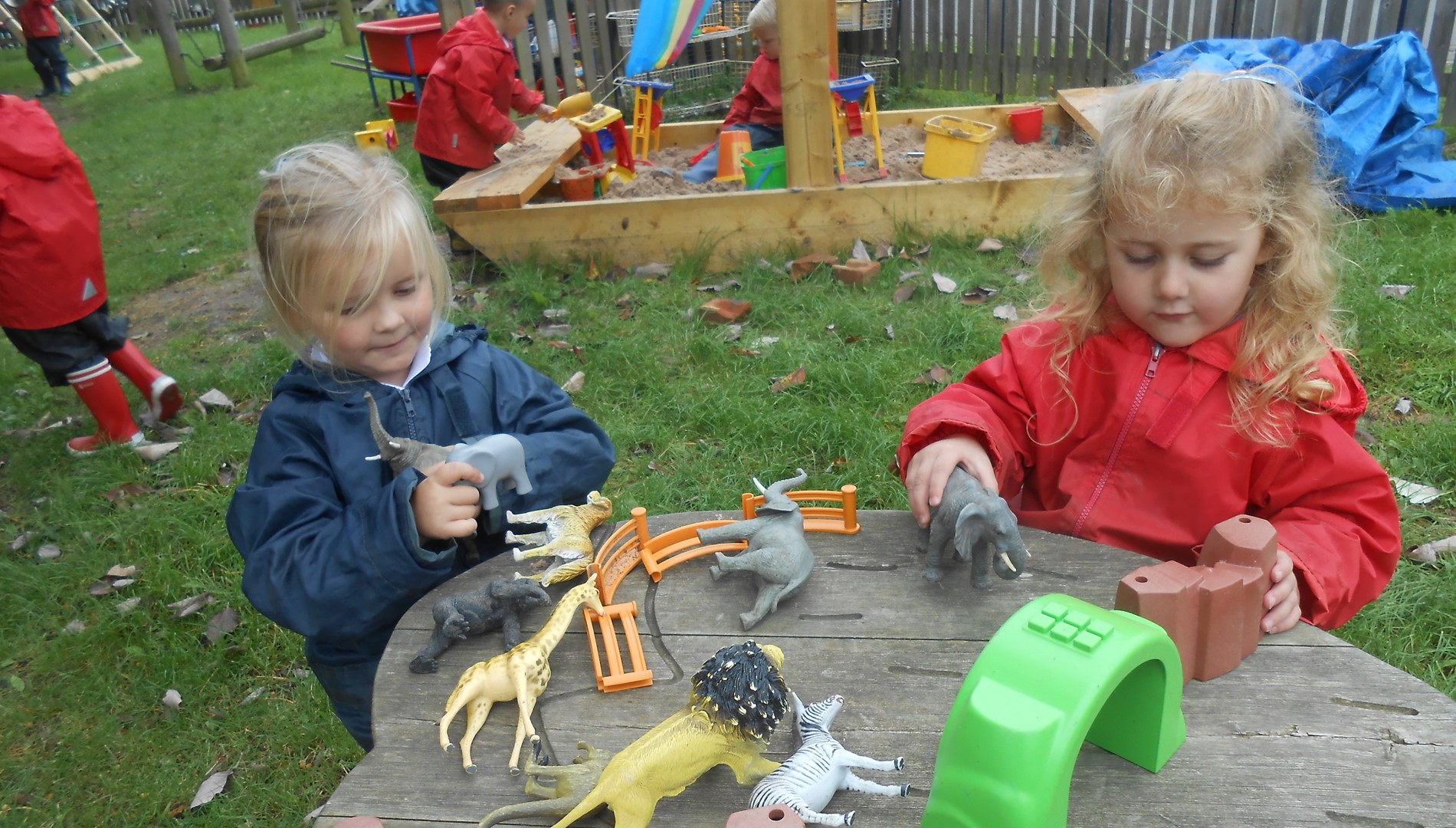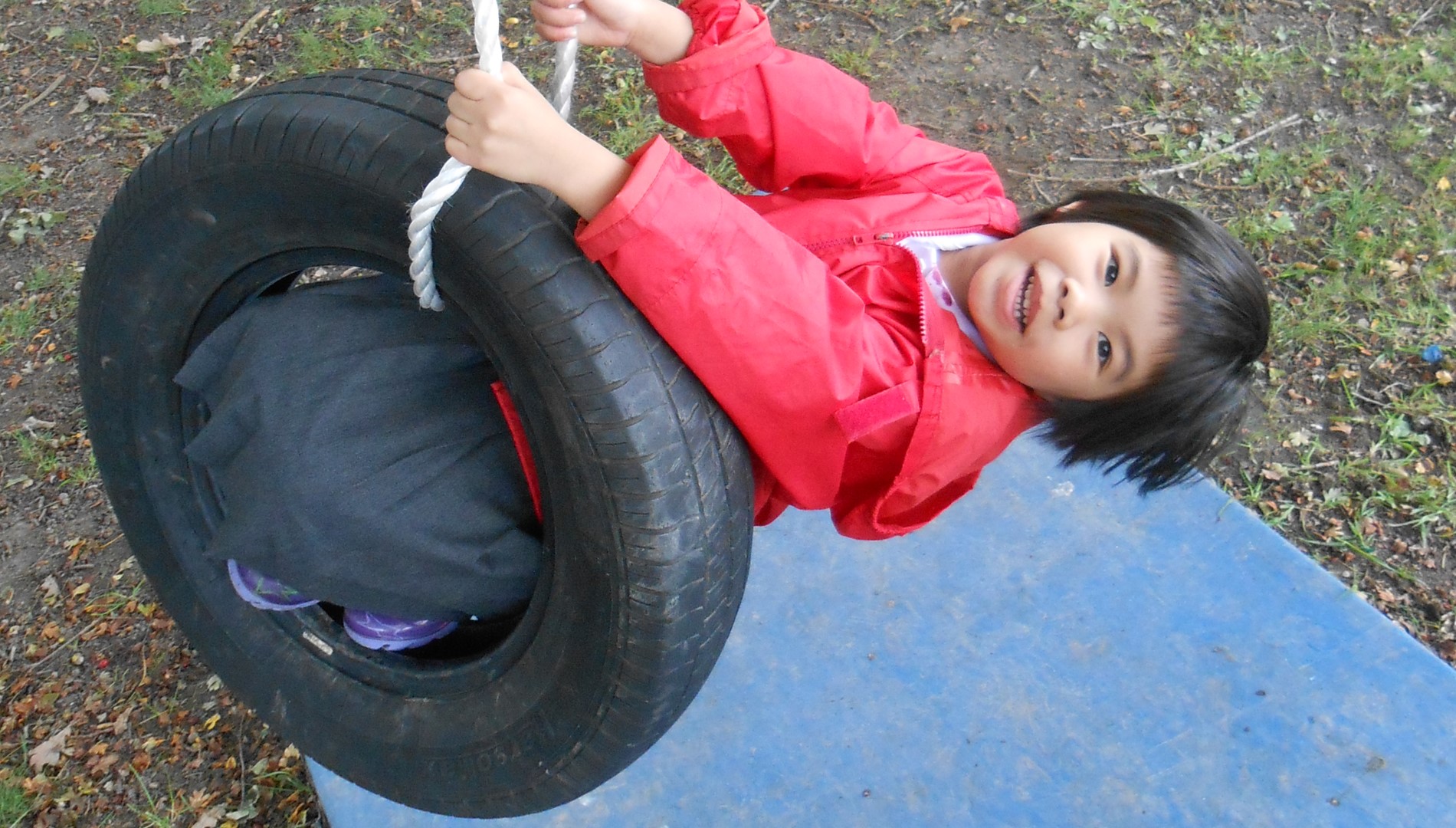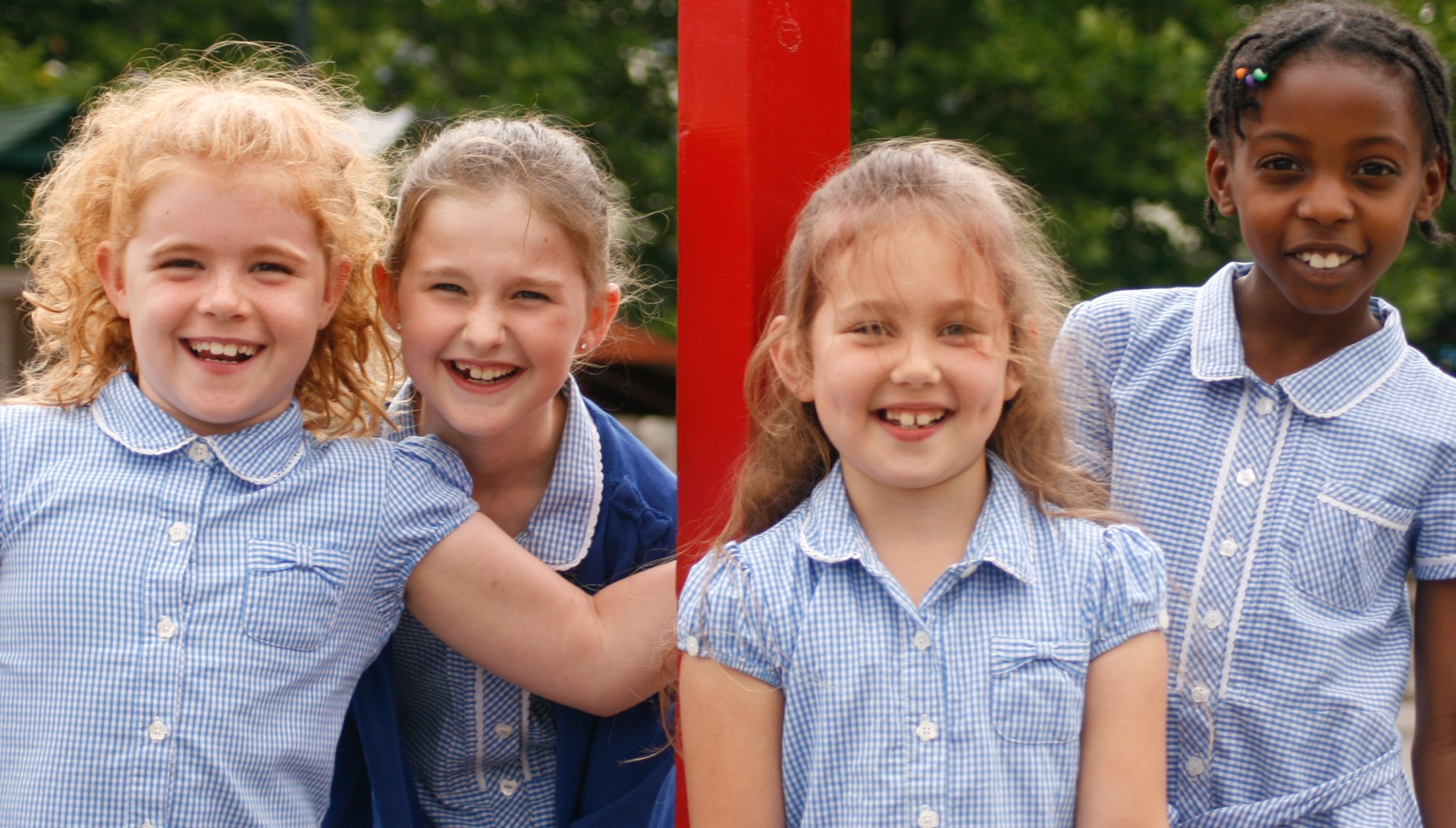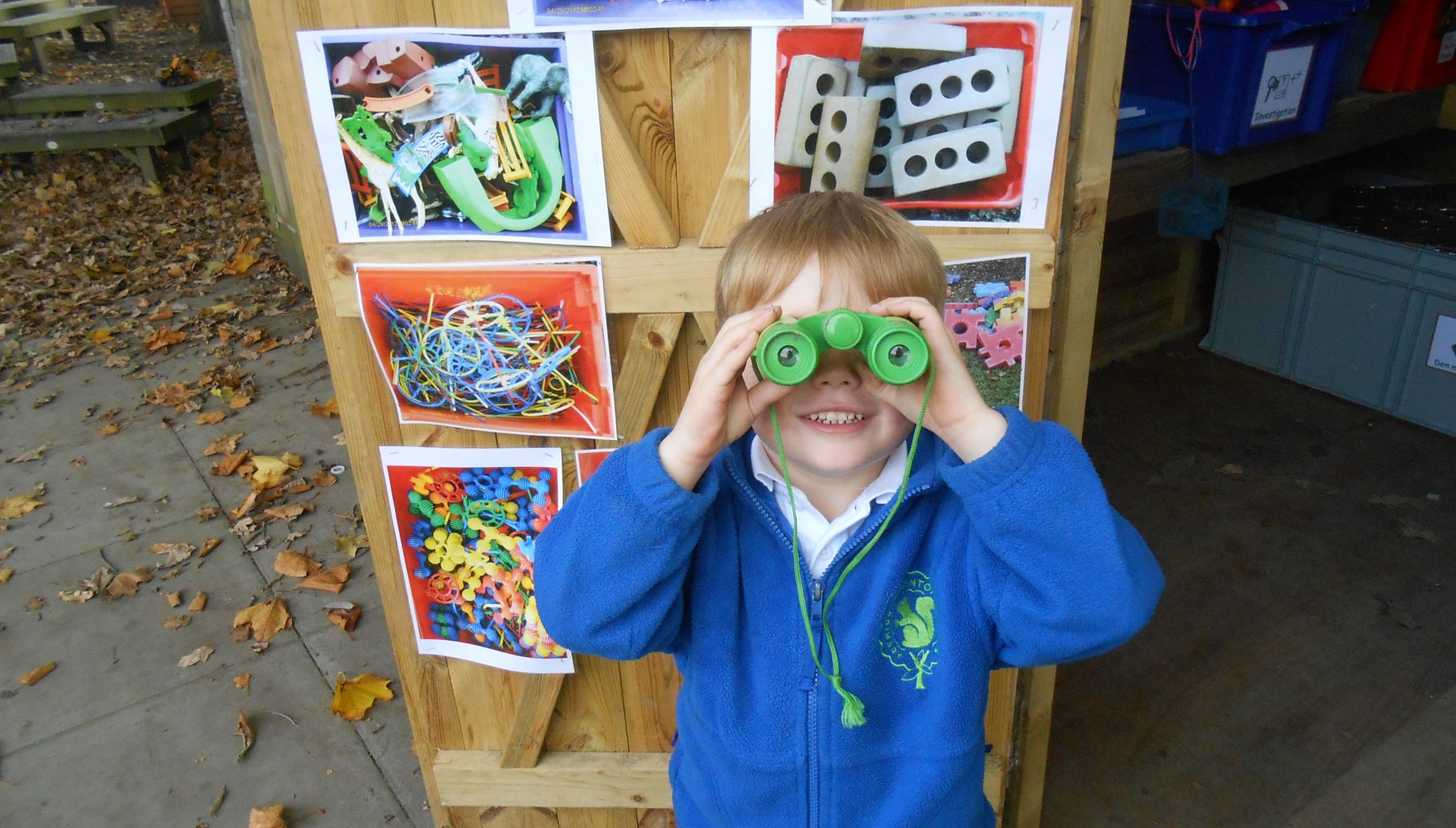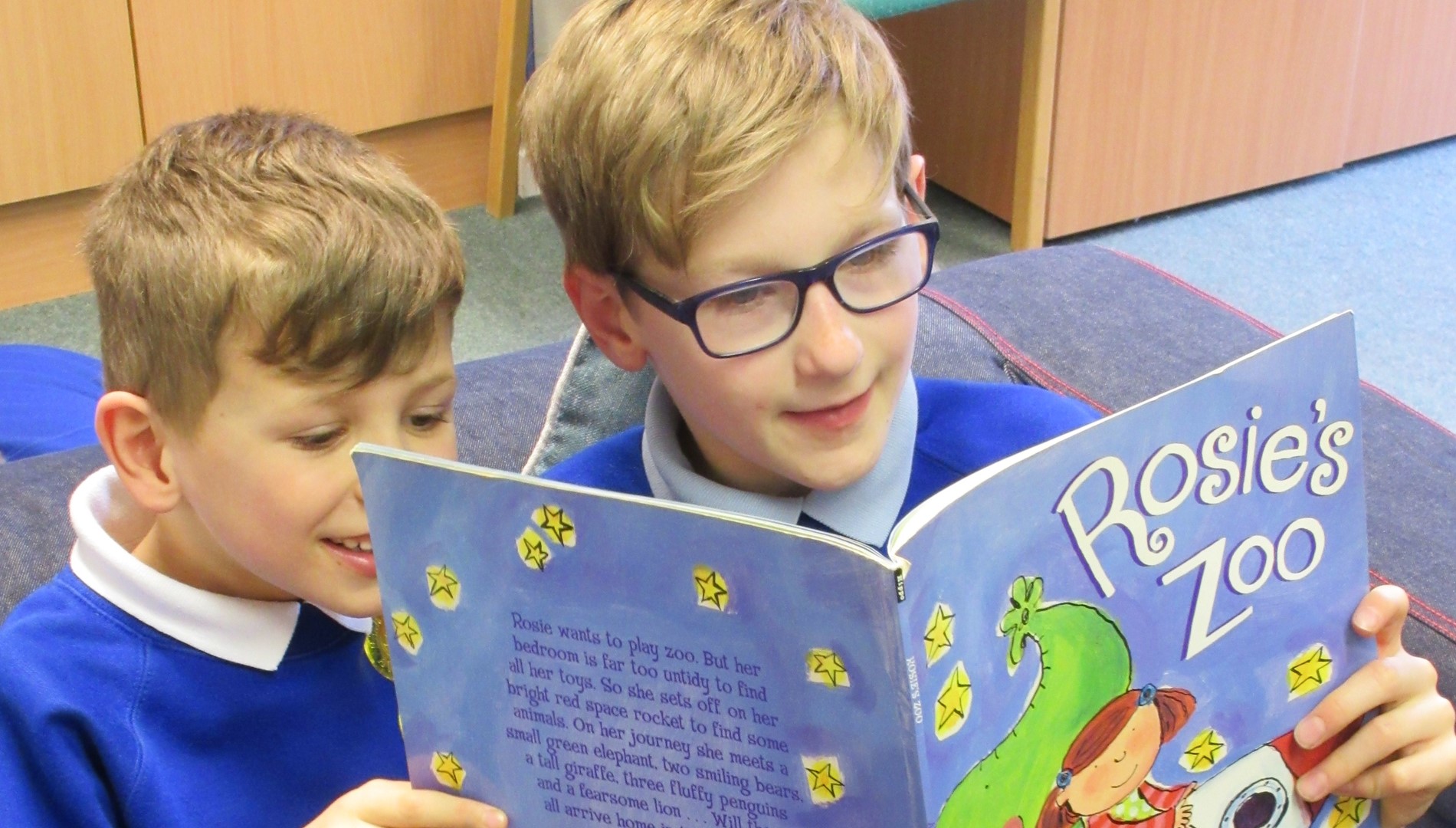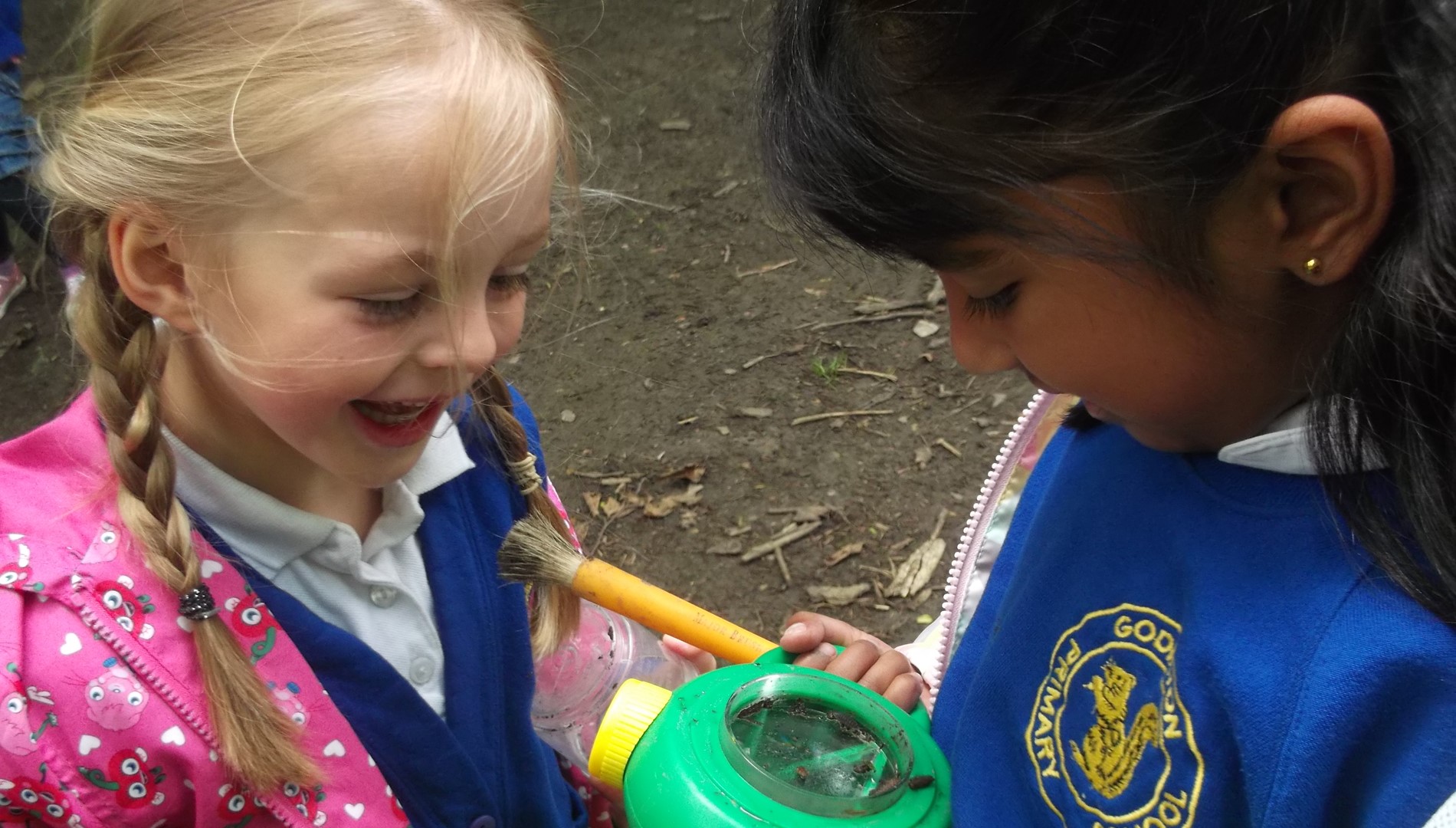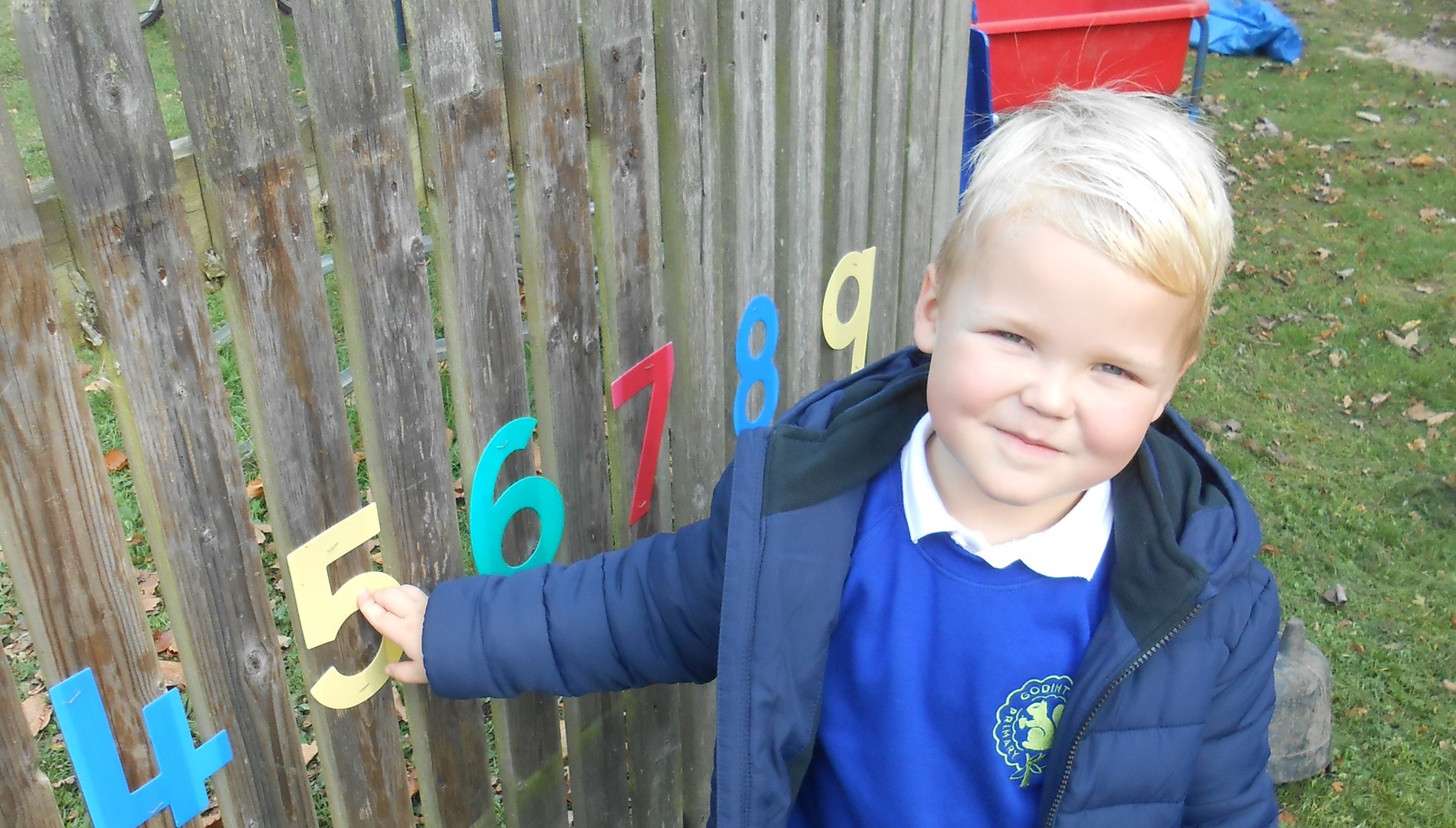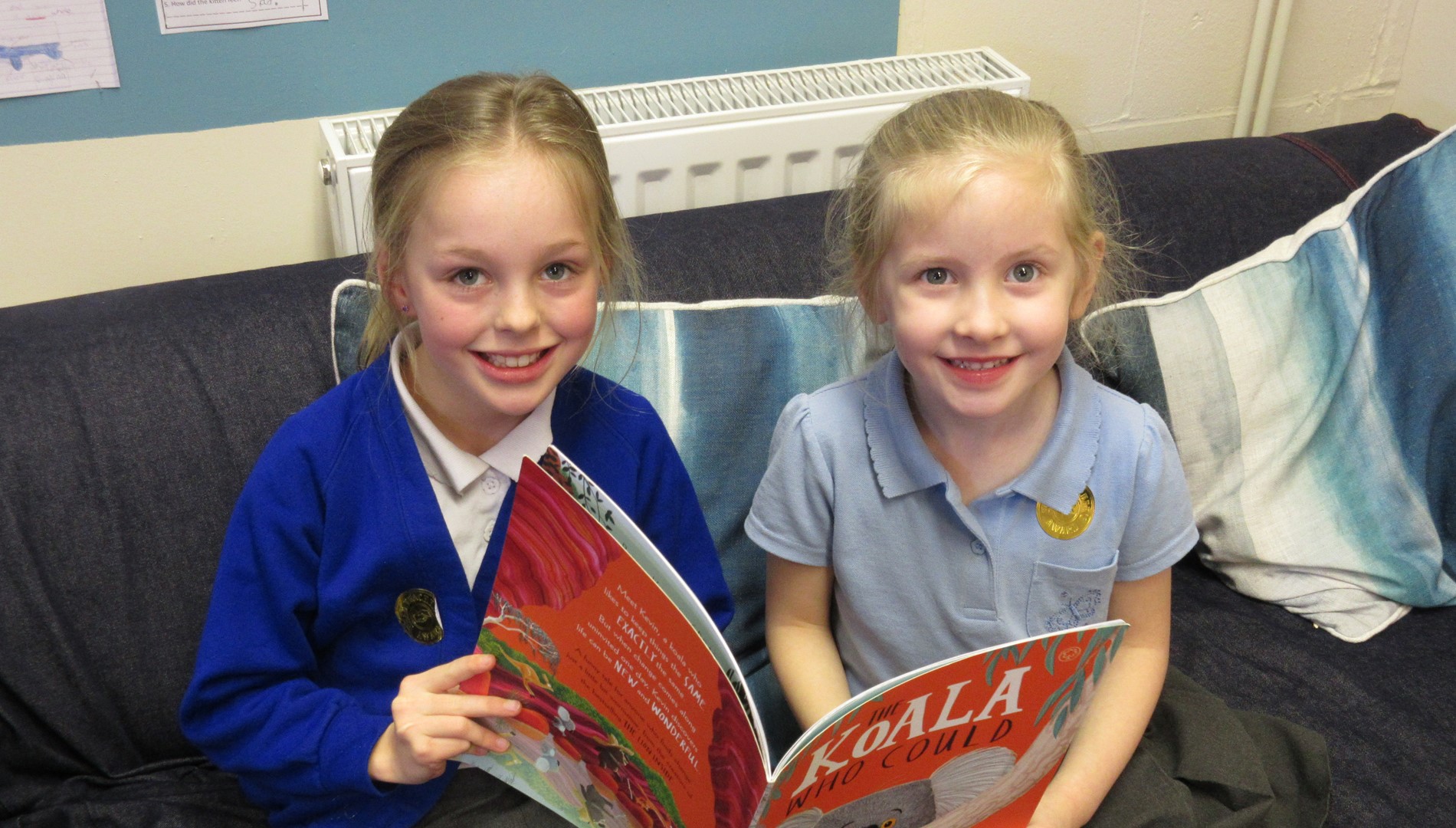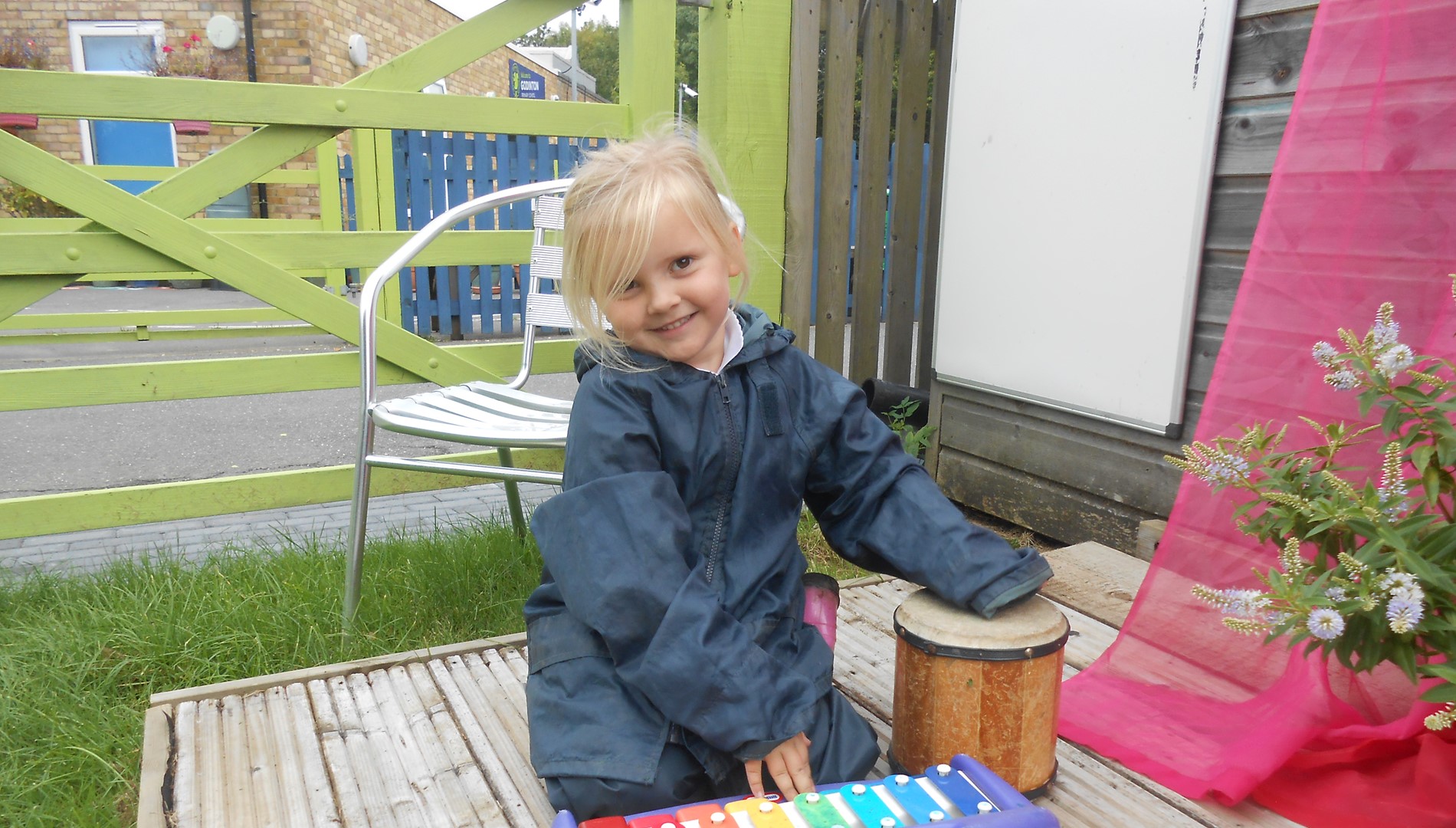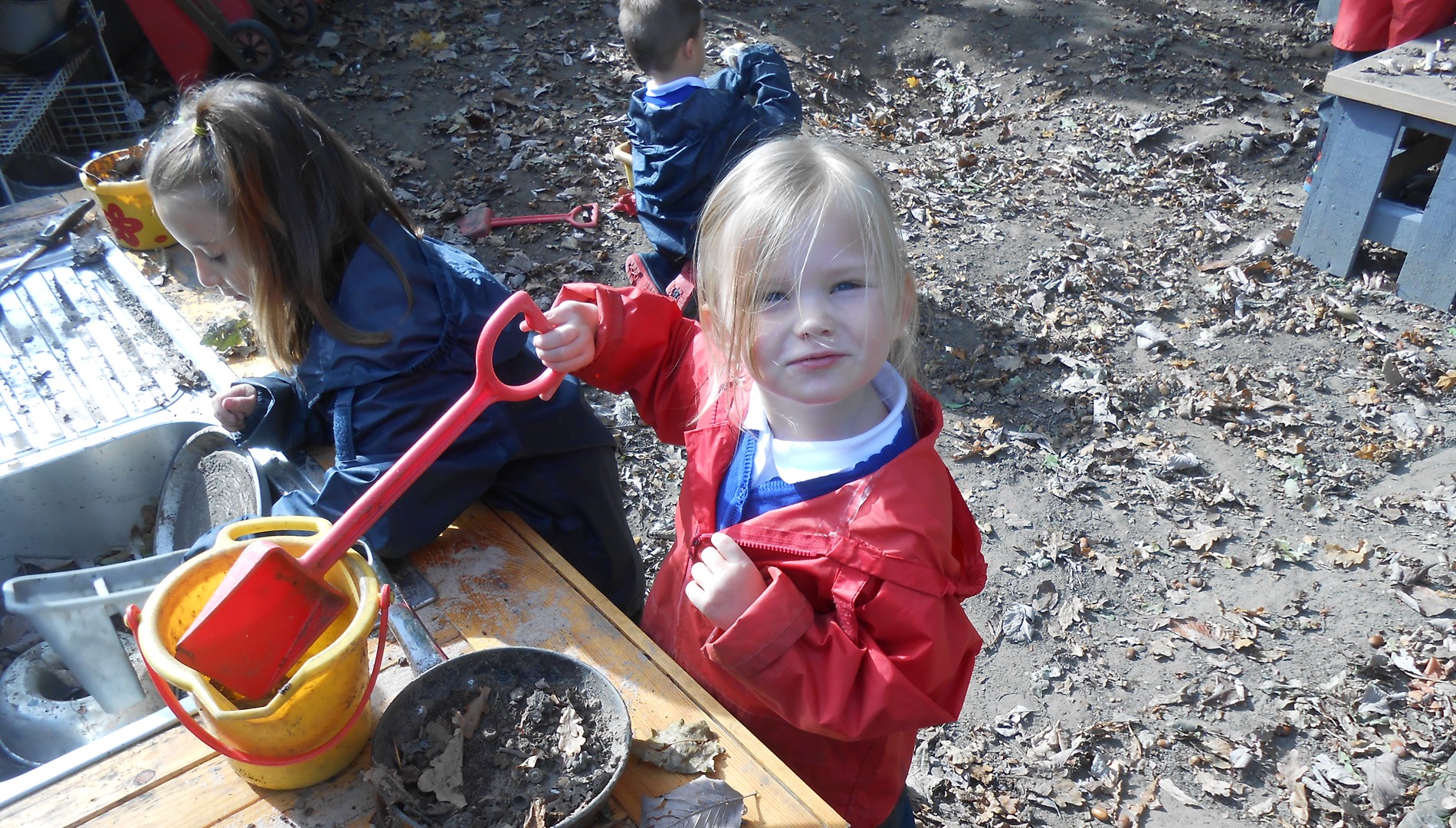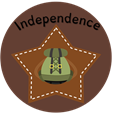Our Computing Adventure - The Computing Curriculum at Godinton
Curriculum Intent
At Godinton Primary School, our intent is that our computing curriculum will give our pupils the life-skills that will enable them to embrace and utilise new technology in a socially responsible and safe way in order to flourish. We want our children to become competent, confident and creative users of information and communication technology to a level suitable for the future workplace: they will grow into active and resourceful participants in a digital world. We aim to deliver a curriculum from which children are equipped to understand and use information technology to create programs, design system and solve problems, using computational thinking to enable them to do this. Children who can think computationally are better able to conceptualise, understand and use computer-based technology, and so are better prepared for today’s world and future.
We want the use of technology to support learning across the entire curriculum and to ensure that our curriculum is accessible to every child.
Please click here to view our Computing end point document.
As part of our Guiding Stars curriculum, Computing is the leading light subject for ‘Independence’.
Within our Computing curriculum, the children learn how to have greater faith in our own capabilities so that they are happy to have a go and try new things. They become systematic and careful when working through or with different programs, apps and equipment and learn how to follow instructions carefully. The children learn how to work through plans with confidence and can amend their ideas or approach to find a better way forward. The children develop their understanding of the steps they can take to work something through themselves and when they need to ask for help.
Click on the Independence icon below to find out more about how the children’s understanding of developing their independence progresses throughout our Computing curriculum.
Curriculum Implementation
At Godinton Primary School, our whole curriculum is shaped by our school vision which aims to enable all children, regardless of background, ability, additional needs, to flourish to become the very best they can possibly be. Our curriculum has been designed to ensure that all elements of the National Curriculum are taught throughout KS1 and KS2. Our scheme of work is supported by a clear progression of skills. Our scheme of work alongside the progression document, ensures that skills and knowledge are built on year by year.
To ensure a broad range of skills and understanding, Computing is taught across three main strands: digital literacy, computer science and information technology. As part of information technology, children learn to express themselves and develop their ideas through ICT; for example writing and presenting as well as exploring art and design using multimedia.
Within digital literacy, children develop practical skills in the safe use of ICT and the ability to apply these skills to solving relevant, worthwhile problems for example understanding safe use of internet, networks and email.
In computer science we teach children to understand and apply the fundamental principles and concepts of computer science, including abstraction, logic, algorithms and data representation. They also learn to analyse problems to computational terms, and have repeated practical experience of writing computer programs in order to solve such problems.
We also teach a progression of Computing vocabulary to support children in their understanding. At Godinton, we give children access to a wide range of good quality resources and provide cross curricular opportunities for children to apply their Computing knowledge and skills.
At Godinton Primary School, we believe it is essential to prepare our children for a digital world and that pupils should learn, from an early age, how to stay safe online. E-safety is taught as a discrete unit within Computing lessons each year, as well as it being integrated throughout other topics. At the start of each academic year, our safer use of the internet rules which are differentiated by age, are shared with the children. As a whole school, we participate in the National Safer Internet Day and undertake additional lessons to support knowledge and understanding in this area. We also feel it is important to keep parents updated in this area too. We provide a wealth of E-safety information on our school website which parents can refer to in order to promote E-Safety at home.
EYFS
Although Computing no longer appears in the statutory EYFS curriculum, at Godinton we recognise it as an important learning tool across all areas of the curriculum. In our Reception classes, children are given the opportunity to regularly visit our well-equipped computer suite where they develop their computer literacy in a way that is fun and engaging. Children enhance their mouse control skills by exploring the Purple Mash platform; drawing and colouring pictures, dragging puzzle pieces, and playing simple games. They learn how to log themselves onto a computer and how to select the correct program. Activities are carefully linked to the learning that is taking place in the classroom and is related to the children’s interests where possible. In the classroom, an interactive whiteboard, BeeBots and ipads are readily available for children to utilise during their investigation and discovery sessions, alongside everyday technology such as keyboards, old phones and old cameras to be used in imaginary play. Our children partake in National Internet Safety Day and learn how to safely use computing equipment throughout the year.
Curriculum Impact
At Godinton Primary School, the implementation of this curriculum ensures that when children leave our school at the end of year 6, they will be competent and safe users of ICT with an understanding of how technology works. They will have developed skills to express themselves and be creative in using digital media and be equipped to apply their skills in Computing to different contexts and challenges as the move on to Secondary and Further Education.
